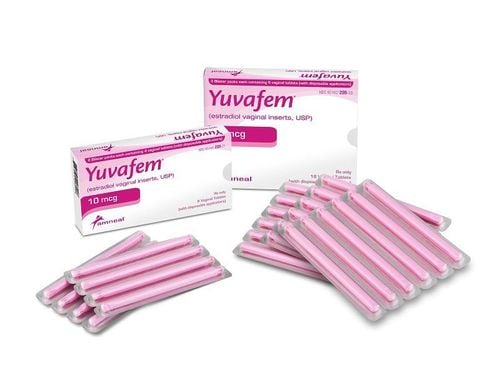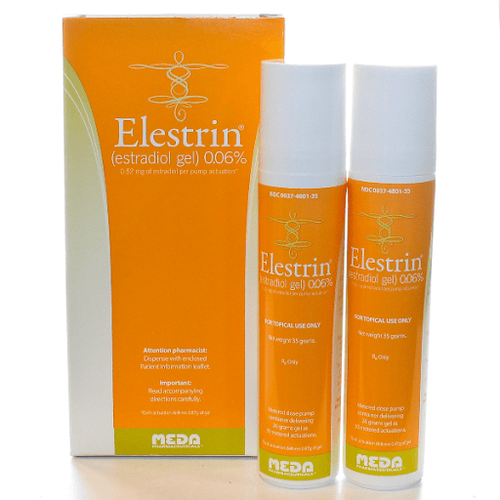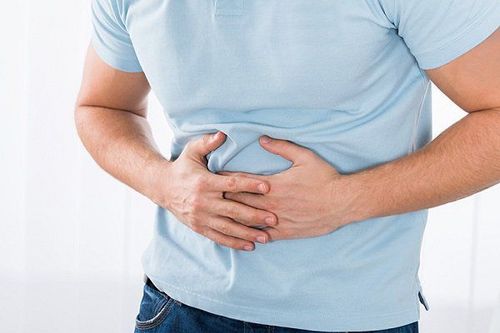This is an automatically translated article.
DHEA levels in the body are very important, especially for women in menopause. By increasing DHEA levels and balancing other hormonal hormones, you can improve your health and reduce the severity of menopausal symptoms, including increased libido and improved fertility. sexual ability.
1. Hormone DHEA
Dehydroepiandrosterone, or DHEA for short, is a steroid hormone produced mainly by the adrenal glands. In addition, the ovaries can also release a small amount of DHEA, but the amount of DHEA that the ovaries produce is extremely small compared to the adrenal glands. DHEA is the main hormone, which plays an important role in the production of reproductive hormones in both men and women such as estrogen and testosterone. DHEA is also known as the parent hormone because it fuels most of the body's metabolic processes.
The average adult woman makes about 25mg of DHEA per day. Natural DHEA production peaks when women reach their 20s and declines as they age. At the age of 40, the level of DHEA in a woman's body drops to about 50%, and this number will decrease even more as they gradually turn between the ages of 48-55.
In addition to the function of producing DHEA, the adrenal gland is also responsible for the production of other hormones such as cortisol, adrenaline and norepinephrine. When the body experiences transient stressors, these hormones are released to cope with and rebalance the harmful effects. In cases of prolonged stress, which tends to become chronic (for example, from work, family, friends, etc.), the adrenal glands will have to work at full capacity to supply enough hormones to help The body rebalances the stress, this makes them fall into a state of fatigue, there is no longer enough basis to produce the hormone DHEA. This condition is called adrenal fatigue. Other problems that can cause DHEA levels to drop include a diet high in sugar, insomnia, inflammation, and chronic pain.
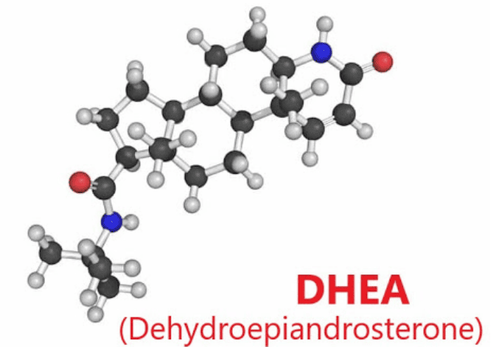
Hormone DHEA có vai trò sản xuất estrogen và testosterone
2. Symptoms of DHEA
During menopause, the levels of hormones in a woman's body change, causing chain reactions that accelerate the aging process. DHEA hormone is no exception, this hormone levels often reach the lowest threshold during menopause. Low levels of DHEA have been shown to be associated with a number of symptoms including:
Dryer and thinner skin, more wrinkles and therefore more dryness or atrophy Vaginal mucosa causing pain during sex leads to to decreased libido Some manifestations of metabolic disorders include: high blood pressure, increased waist circumference often leads to weight gain, high blood sugar and cholesterol levels, cardiovascular disease or brain stroke. Hot flashes, night sweats, frequent headaches and insomnia. Dry eye syndrome Decreased libido and sexual satisfaction. Frequent distractions, memory loss Weakened immune system Elevated blood sugar levels Decreased muscle mass and bone density Joint pain
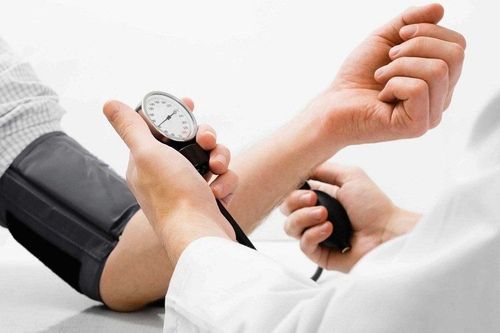
Tăng huyết áp là một triệu chứng của tình trạng suy giảm nồng độ DHEA
These symptoms are largely due to a decline in DHEA levels, so DHEA-balancing and restorative treatments can provide relatively clear and rapid results.
Balanced treatments, supplementing with DHEA not only relieves menopausal symptoms, but also provides the body with many other benefits such as:
Strengthens muscles, limits muscle loss Lifting Improves body's resistance Improves memory, helps clear nerves, increases concentration Increases energy and vitality Improves quality of sleep Improves ability to cope with prolonged stress.
3. Treatment of low levels of DHEA
Decrease in DHEA levels is the main cause of the physiological changes in women during menopause, causing them many troubles in life. Fortunately, there are many treatments that can help improve DHEA hormone levels. The most effective treatments work to increase DHEA levels, restore libido, and balance other hormone levels.
3.1. Supplemental DHEA
Direct supplementation of DHEA can be through 2 main forms: orally and via subcutaneous injection. A daily dose of DHEA can increase DHEA levels and reduce adrenal overload. However, to improve DHEA levels sustainably and achieve optimal health status, it is necessary to combine DHEA supplementation with hormonal balance methods and dietary adjustments to ensure a healthy lifestyle. active and healthy lifestyle.
DHEA stimulates the body to produce estrogen to increase libido and improve sexual function. In addition, DHEA supplementation may reduce some other symptoms of menopause including dry skin, hot flashes, and other psychological effects such as depression or excessive anxiety. DHEA, specifically a metabolite called 7-keto-DHEA, also speeds up the body's metabolism and reduces cravings, thereby maintaining a healthy weight.
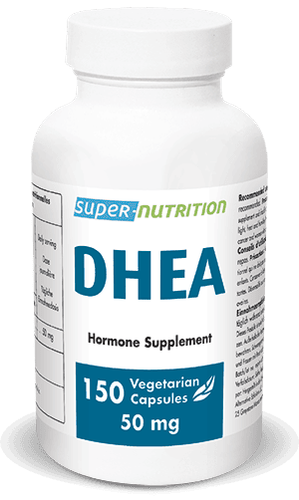
Bổ sung DHEA giúp tăng nồng độ DHEA
3.2. Change your eating habits
Overeating is a possible cause of adrenal gland overload and menopause symptoms becoming more apparent and severe.
To increase DHEA levels in the body naturally, scientists recommend not overeating and maintaining body mass index at 19-25. When metabolism slows down during menopause, overeating can lead to rapid and uncontrollable weight gain leading to complications such as fatigue, joint pain, etc. Try to maintain it. a healthy diet, just enough, eat only when hungry and stop when you feel full. In addition, foods with high sugar content should be avoided as they can also lead to adrenal overload.
3.3. Regular exercise and sports
Regular exercise and sports can help relieve stress, slow down oxidation and increase endorphins (a substance capable of increasing blood circulation in the body). Furthermore, exercise can prevent and slow muscle loss and weight gain. However, keep in mind that running is not the only form of exercise. Sexual activity can also be considered a form of exercise and is also a great way to naturally increase DHEA levels in the body.
3.4. Rest and get enough sleep
Getting enough sleep is really important in reducing stress and maintaining hormonal balance. When the body enters a relaxed state during sleep, the adrenal glands also have to work less so they are able to produce enough of the hormone DHEA.

Ngủ đủ giấc là một phương pháp làm tăng nồng độ DHEA
3.5. Always be optimistic and happy
An upbeat, happy mood can naturally increase DHEA production levels. Scientists recommend that women in menopause should regularly participate in social activities, connect and socialize with others in a healthy way or join a class or a club of people share the same interests...
If you always keep a smile on your face, your body will create a cycle of DHEA production on its own. This is like a cycle that repeats, when DHEA levels are elevated, serotonin (also known as the happy neurotransmitter) levels increase making your mood even more upbeat and this continues. have a positive effect on DHEA production.
DHEA levels in the body are very important, especially for women going through menopause. You can improve DHEA levels and balance other hormonal hormones. DHEA supplementation is not forever, once your body becomes more balanced and menopausal symptoms improve, diet as well as lifestyle changes can allow the body to self-regulate. produce the required amount of the hormone DHEA.
Please dial HOTLINE for more information or register for an appointment HERE. Download MyVinmec app to make appointments faster and to manage your bookings easily.
References: webmd.com, menopausecentre.com.au




